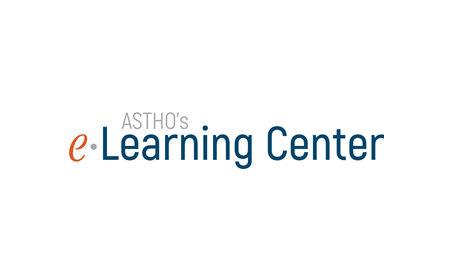Risk-appropriate care is a key strategy to improve maternal and neonatal morbidity and mortality rates by ensuring high-risk pregnant people and infants receive care at a birth facility that is best prepared to meet their needs. ASTHO brings together experts to address gaps in knowledge and advance neonatal and maternal levels of care. ASTHO works with state and territorial health agencies, neonatologists, obstetricians, and other experts to examine existing research, implement tools like the CDC Levels of Care Assessment Tool (LOCATe), and develop policy and regulation.
Featured

Implementing Levels of Maternal Care Improves Access to Risk-Appropriate Care
If implemented at the state level, levels of maternal care can improve access to risk-appropriate care and support standardized, complete, and integrated systems of perinatal regionalization.

Enhancing Consumer Awareness Improves Access to Risk-Appropriate Care
This brief explores how enhancing consumer awareness can improve health outcomes for pregnant and birthing populations and reduce the incidence of severe maternal morbidity and mortality.

Evidence-Informed Substance Use Disorder Policies for Maternal and Child Populations
This brief discusses the gendered and racialized impacts of substance use and child maltreatment policies and offers four considerations to policymakers as they look to create effective, meaningful policy to improve outcomes for women and families impacted by substance use disorders.
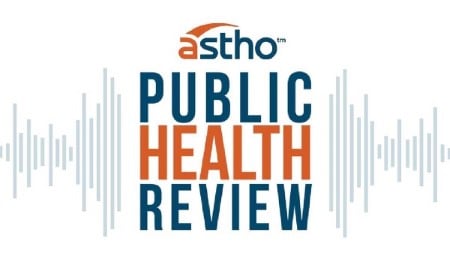
COVID-19 and the Fourth Trimester
This Public Health Review podcast episode focuses on COVID-19’s impact on overdose-related deaths during the postpartum period, also known as the fourth trimester.
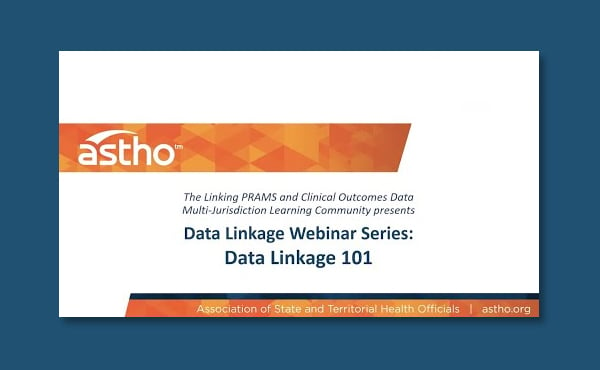 Pregnancy Risk Assessment Monitoring System (PRAMS)
Pregnancy Risk Assessment Monitoring System (PRAMS)
Since 1987, PRAMS has collected data on maternal attitudes and experiences before, during, and shortly after pregnancy. The findings helps researchers investigate emerging issues and identify ways to reduce health problems for birthing people and their babies.
Latest Risk-Appropriate Care Resources


Implementing Levels of Maternal Care Improves Access to Risk-Appropriate Care
Learn More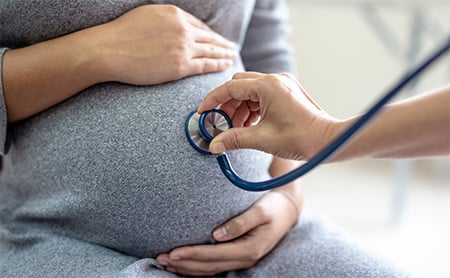
Polysubstance Use During Pregnancy and the Benefits of Universal Verbal Screening
Learn More
Improving Access to Risk-Appropriate Care Through a Partnership Between Obstetrics and Gynecology and Pediatrics
Learn More
Addressing Hypertension in Pregnancy to Reduce Maternal Morbidity and Mortality
Learn More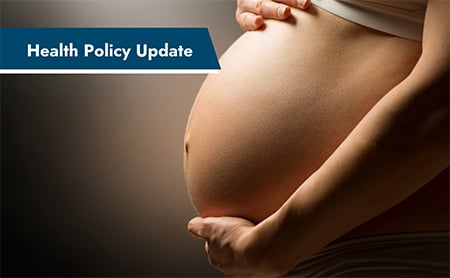
States Aim to Improve Outcomes for People Experiencing Substance Use During Pregnancy
Learn More